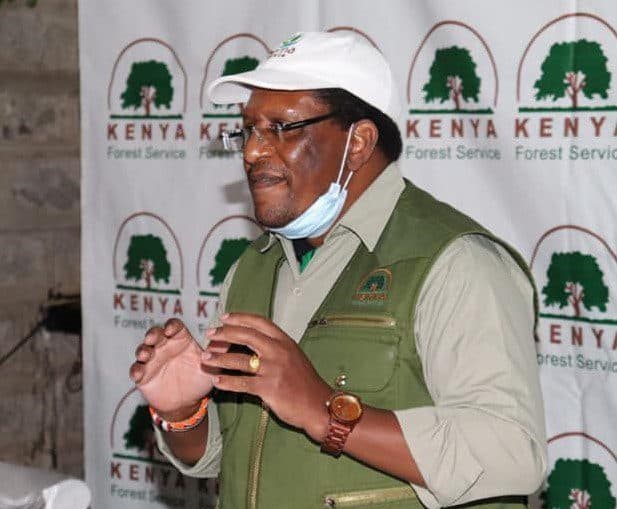Environment Cabinet Secretary Keriako Tobiko will on Friday, October 8 lead the launch of Kenya’s Interim National Standard for responsible management of forests at Amani Gardens in Karura Forest. The standard will be used by forest owners/managers to ensure compliance with the requirements for responsible forest management which confirm that a particular forest block or area is being managed in a manner that conserve biological diversity and benefits the lives of local people and workers while ensuring it sustains economic viability.
The standard will also be basis for businesses and consumers to identify, purchase and use wood and wood-based products from well-managed forests in Kenya. It is broadly based on the 10 Forest Stewardship Council (FSC) Principles and Criteria and indicators for forest management, which include compliance with national laws, conserving areas with High Conservation Values, assessing environmental values and impacts, enhancing community relations, indigenous people’s rights, workers’ rights, and employment conditions, among others.
The launch of the Interim National Standard of Kenya comes at a time when demand for wood products is on the rise fueled by growing middle class in the country. Kenya is the fourth country in Eastern Africa to have an FSC standard for forest management. It was approved by FSC and became operational in May 2021. In addition to enhancing responsible forest management, use of the standard will boost Kenya’s efforts in the fight against climate change, having prioritized forestry as key pillar.
Forest owners and managers are optimistic that the Standard will enhance adoption of FSC certification, which will create opportunities to tap into the ever-increasing demand for responsible wood and related products both in Kenya and on the international market.
The Launch event for the standard will bring together key stakeholders from key government institutions, bi-lateral and multi-lateral agencies, the Civil Society Organizations mainly, environmental and social NGOs, smallholder associations and Community Based Organizations (CBOs), conservation and climate change practioners, certification awareness groups, the youths, and the business community, among others.


